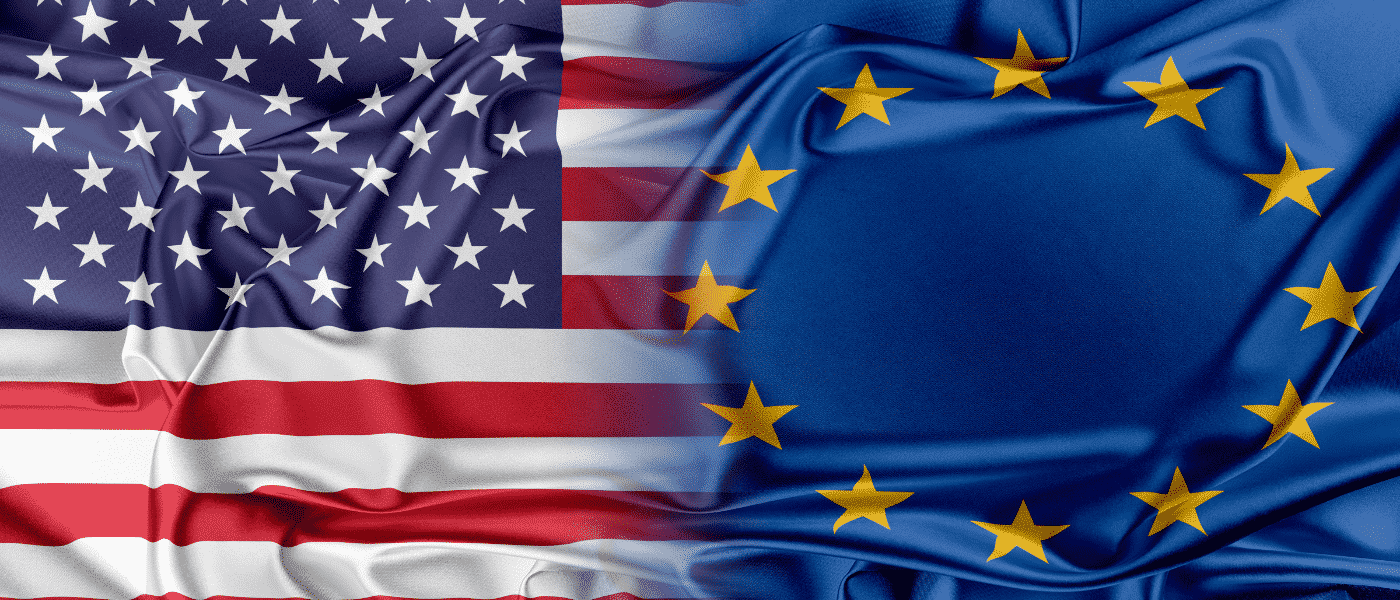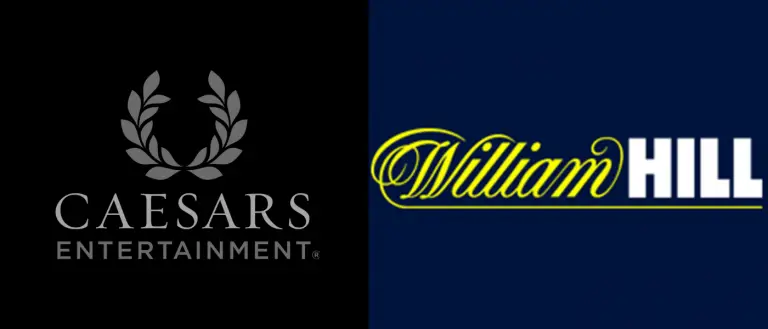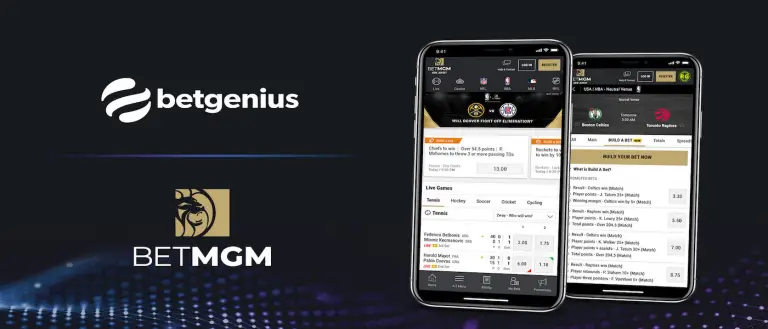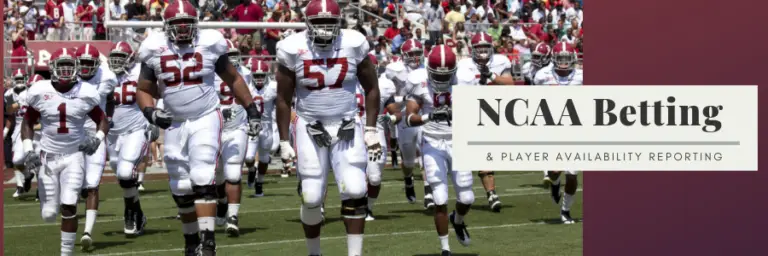US and Europe Approaches To Online Gambling During Lockdowns

A prominent disconnect between how regulated sports betting and online gambling is viewed in the US versus current perceptions in Europe emerged during the lockdown period.
In the UK, Sweden, Spain, and elsewhere, regulators responded to the potential for citizens stuck at home to gamble excessively with explicit warnings and actions to temper what they warned might be a tsunami of online gambling spending.
But in the US, there were no such attempts.
Proactive vs. Reactive
“The UK went into the lockdown with the gambling industry very much on the retreat and the anti-gambling lobby in the ascendant,” says Dan Waugh, partner at gambling consultancy Regulus Partners. “The lockdown came in, and there was only one way the anti-gambling politicians and public health lobbyists were going to interpret that.”
The US, in comparison, “just wasn’t on the same trajectory.” “There have been voices of concern in the US, but there was a greater willingness to see what happened rather than assume what would happen.”
In Europe, the developing debates over online gambling have focused on issues around the over-abundance and over-exposure of gambling advertising, the bonusing of players, the treatment of VIP or high-value players, and questions over the levels of stakes and prizes.
In the UK, this led to the gambling trade body announcing a self-regulatory code on marketing during the lockdown.
In Sweden, it led to new regulations on bonuses and deposit levels.
In Spain, new restrictions on advertising were imposed during the summer.
In Latvia, at the height of the lockdown in April, the government closed the online gambling market altogether.
Contrast this with the legal US sports betting and online gambling industries where no such moves were either voiced or contemplated and questions over imposing potential restrictions “have not been widespread issues in the US,” says Sara Slane, a consultant at Slane Advisory.
It’s not that the issue is being ignored. As Slane points out, as it stands, gaming companies invest over $300m a year in responsible gaming efforts, and that has now extended into online forms of gambling. Moreover, the promotion of responsible gambling informs a large part of the argument against the black market.
“The legal, regulated market for online gambling and sports betting provides resources, education, and awareness about responsible gaming and avenues that offshore, illegal operators simply do not,” Slane adds.
US Online Gambling Begins from a Better Starting Point
It should also be acknowledged that the debate in the US is starting from a very different place.
Last week was Responsible Gaming Education Week, and as part of its efforts, the American Gaming Association (AGA) launched its Responsible Marketing Code for Sports Wagering. The initiative enables industry stakeholders and consumers to flag perceived non-compliance with the code.
“Bearing in mind how new this market is in the US, I think the AGA and their members deserve great credit for getting started on this so quickly and so firmly,” says Anna Sainsbury, chair at GeoComply. GeoComply launched an RG-based initiative last week, dubbed PlayPause, a self-exclusion tool designed to help operators strengthen their RG efforts across multiple states.
“While it is clear that legislators and regulators seeking to legalize mobile wagering have common concerns about consumer protection – which often come up in hearings and roundtables – there is clearly industry recognition that addressing these concerns around consumer protection is crucial for the sustainable growth of this market opportunity,” she adds.
Slane agrees: “When new markets open, responsible gaming is a prominent topic, as it should be, to address concerns and share the robust investments the industry makes in protecting customers.”
US Sports Betting Is Following in Europe’s Footsteps
Most clearly in the realm of sports sponsorships and betting partnerships, US operators are very much following the path set out elsewhere in the world. That includes a raft of sports league and team tie-ups as regulated sports betting gains momentum.
In Europe, such high-profile deals have become the subject of heated debate, but Sainsbury believes that in the US, the discussion has “started from a more advanced view on player welfare and advertising.”
“Certainly, seeing the lessons from Europe has also helped to ensure that these issues have high visibility from the start and that they are addressed as each state starts the process to evaluate offering online sports, casino, and online poker,” she says.
Martin Lycka, director of regulatory affairs at GVC and trustee of GVC Foundation US who also is on Vegas-based RG24seven’s advisory board, says that advertising and bonusing are already being discussed in the US.
“Applying these standards can also help pre-empt the rather negativistic debate about these issues that is currently rambling on in Europe.”Operators can play their part. “The industry has also taken it upon itself to inform regulators about international and other best regulatory practices as well as less efficient regulations,”
“Generally, we are seeing widespread recognition and prioritization of responsible gaming. Industry operators are growing their responsible gaming teams and no question, this has become an increasingly important priority for the industry, and we expect this trend will continue as market growth and expansion continues.”
So while, as Slane suggests, regulators and legislators might look at other international betting markets to determine if “proven best practices exist elsewhere,” as it stands at least, the worst aspects of burdensome European oversight – from an operator point of view – are as yet unlikely to be mimicked. But maybe the emphasis should be placed on the ‘as yet.’ The other lesson from Europe is that opposition to a profusion of online gambling takes time to build.
Scott Longley has been a journalist since the early noughties covering personal finance, sport and the gambling industry. He has worked for a number of publications including Investor’s Week, Bloomberg Money, Football First, EGR and GamblingCompliance.com. He now writes for online and print titles across a wide range of sectors.






